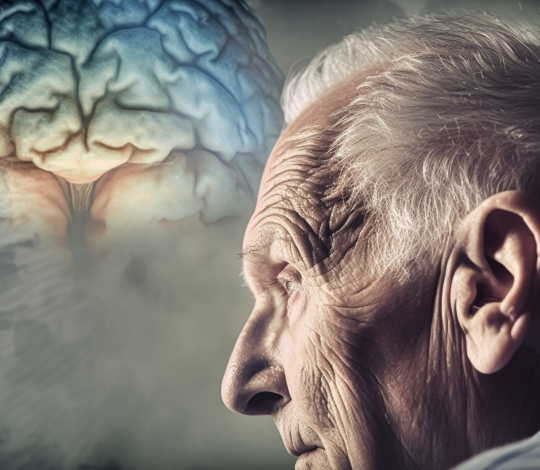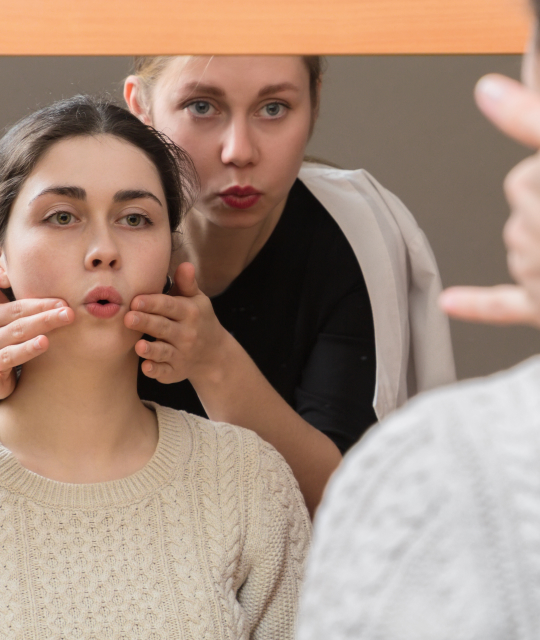Inability to control urination or bowel movements, which can cause embarrassment and social isolation 1,3.

Aphasia affects the portion of the brain responsible for understanding and using both spoken and written language. After a stroke, a person's intelligence and mental clarity are unaffected. But, they have a hard time communicating and understanding language. Different forms of aphasia manifest their symptoms in various ways.
Some people who suffer from aphasia have the ability to understand the language they hear but are unable to express themselves verbally. On the other hand, some others have the ability to communicate, but their speech is incoherent, consisting of a mishmash of real and made-up words. Reading and writing can be especially challenging for people with aphasia.
Individuals who experience speech issues possess a thorough understanding of language and are fully aware of what they wish to express and how to articulate their thoughts. However, they may face challenges when attempting to communicate due to physical limitations. Specifically, the muscles in their tongue, lips, and other components involved in speaking may not have sufficient strength or coordination. Additionally, their brain may not effectively transmit the appropriate signals to the relevant muscles necessary for speech. Common examples of speech disorders include:

Most strokes are triggered by a clot that obstructs blood flow to the brain. However, approximately 13 percent of strokes result from a ruptured and weakened blood vessel that causes bleeding in the brain, known as hemorrhagic strokes. This type of stroke is the most fatal and difficult to treat.
Avail holistic and collaborative telespeech therapy delivered right to the comfort of your home. Call us for more details.
1/1,11th Cross st., Shastri Nagar, Adyar, Chennai, Tamil Nadu 600020.